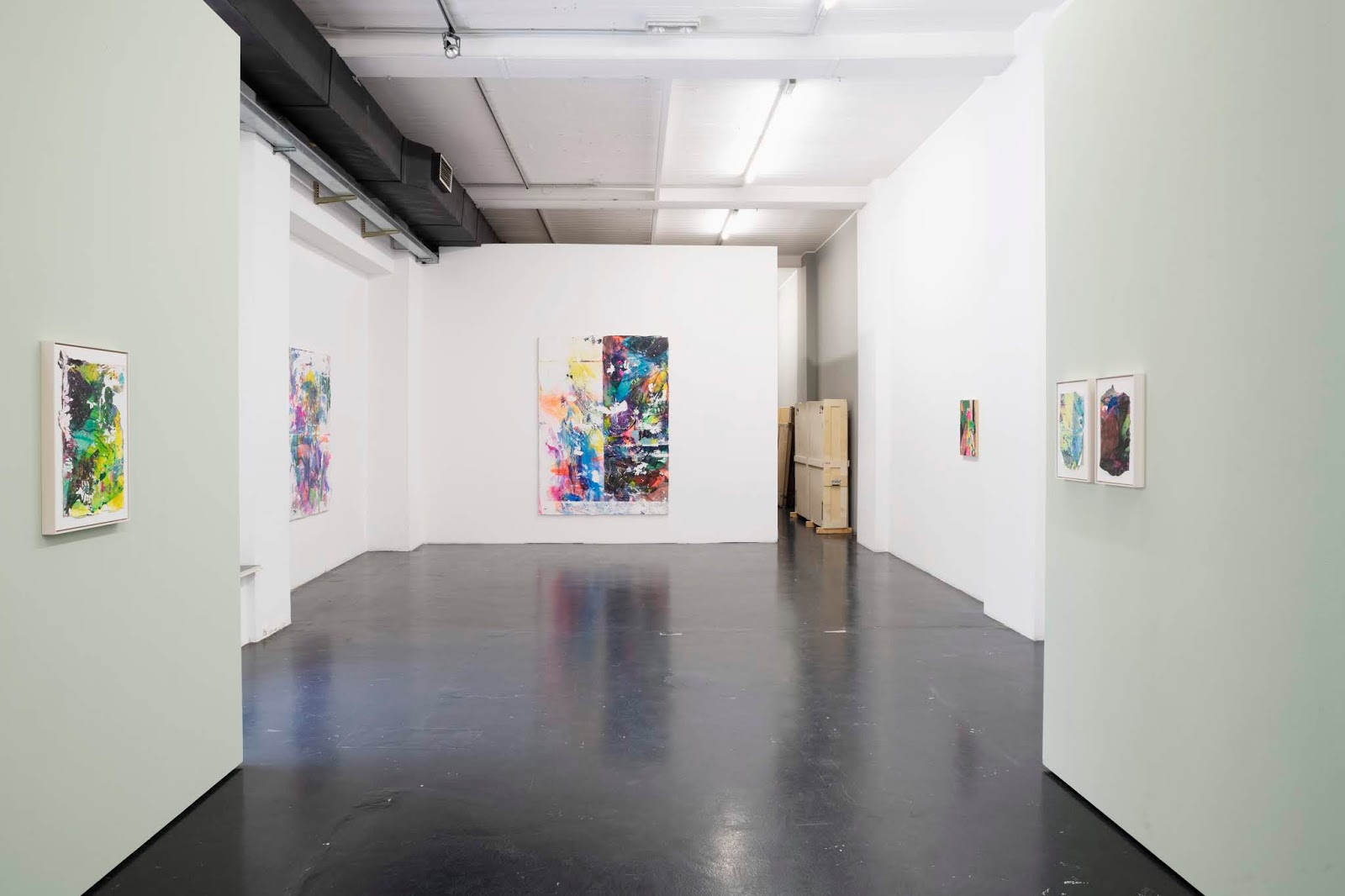June 7 - 19 July 2019
Otto Zoo
Via Vigevano 8
I-20144 Milan, Italy
“’Biological beauty’ does not exist. We remain entranced in front of nature’s prodigies, but these
prodigies do not give rise to any precise figure.
Our habit of judging beauty is thus so intimately tied to form that the invisible part of the prodigies, the
one that would constitute the subject itself, remains hidden to the eyes.”
(Gilles Clément, Éloge des vagabondes)
They do not exist. They exist nowhere. They do not exist because they do not respect the rules.
They slide in next to them, at once outside the outlined boundaries, and they laugh from their
invisibility.
They exploit the unlimited boundaries of abandonment: the space beyond the rules has no limits,
it has no form. The force that guides them is the very wind that twitches skirts and ruffles the
hair, it agitates dreams, mixes the seas. In the wind that we cannot see, they exist without being
seen. They exist in their rough form, with a tough shell that protects their life, and they journey
together searching for a place to rest alone.
They know what they need but do not know where to look for it: it is the wind that accompanies
them; it is the soldier of fortune who on their behalf slips into unseen places; the forgotten
famous ones. Where the surface is broken, upturned, scrubbed. Moved by the time of
abandonment, it reveals new land, new life.
They are soldiers of fortune without any fear, and what they need is real depth, one that can be
found only in the most intimate wounds, among the fragments of the broken edges. On the
mountains of trash and disappointments, in the midst of the layers of the cancelled past. They
react instinctively, they dive in and submerge, they have a shell that is too hard to be removed by
less intense hands, by less dense lands.
Their expression begins at this point; they do so in a manner that is completely different from all
the others; they remain awake and give themselves up completely to abandonment: they become
scars, expand, and are nourished by what seems ugly to the others, by what has been rejected, by
what is full of feeling, even if this does not appear, even if it does not exist.
They rise, rise up, and rise again; they shine among the most overlooked shadows, as glorious and
humble as what, being born small, finds itself immense. Sweet eyes and a tough skin.
They have no need to submit to the affectation of form; they are beautiful because they are
aggressive, sensual because they are twisted, unforgettable because they are always in the wrong
place.
The sun develops in a different way on the weeds, with greater respect, with greater warmth.
There is too much colour in their sincerity; their flowers bloom with all the pride of what no
longer knows how to nurture, what remains calm and knows how to wait. If you uproot them they
come back. Always.
But they are born to set off, and they know how and when. With the flower that droops and dies,
the wind that runs to them and gathers the new seeds, dispersed and allowed to go. At that point
they are ready: they dissolve, they disappear.
Milan, May 2019
Annika Pettini
















